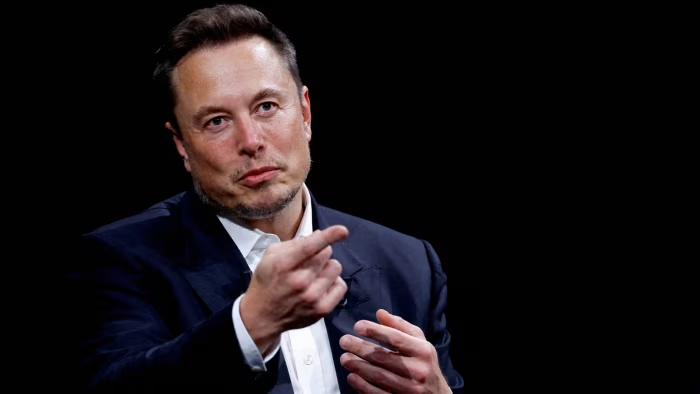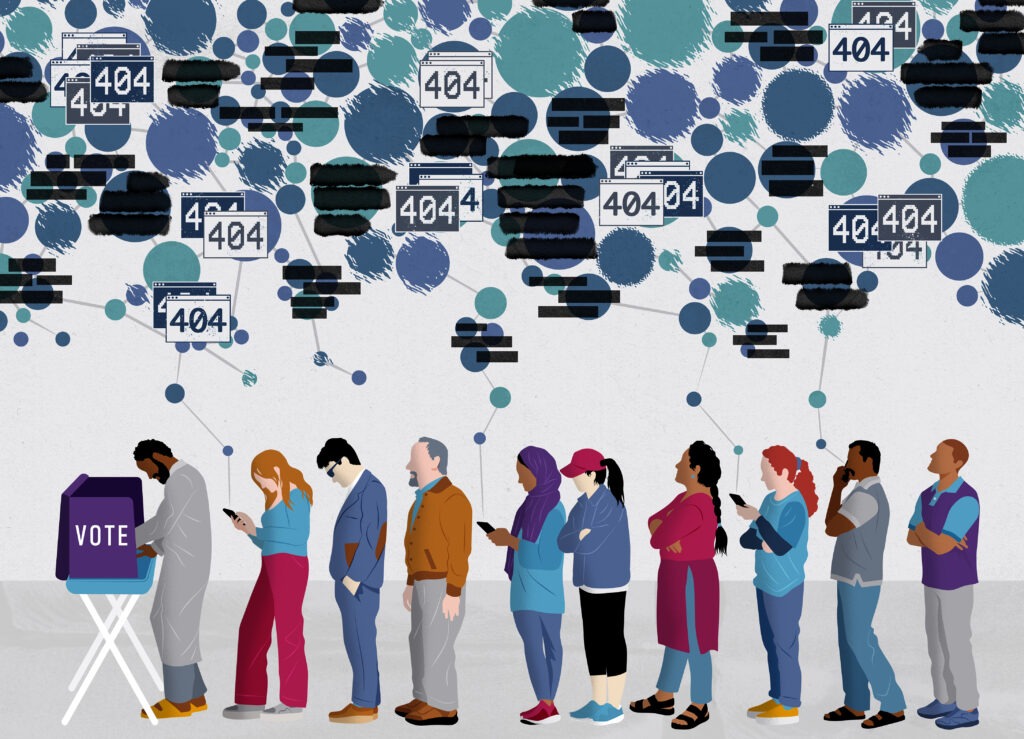In the intricate landscape of international trade, few figures have navigated its complexities as prominently as Elon Musk, CEO of Tesla and SpaceX. His interactions with President Donald Trump, particularly concerning tariffs on Chinese imports, offer a fascinating glimpse into the intersection of business interests and national policy.
Background: The Genesis of Trade Tensions
In 2018, President Trump initiated a series of tariffs aimed at addressing the U.S. trade deficit with China. These measures included a 25% tariff on steel and a 10% tariff on aluminum imports. The administration justified these actions as necessary steps to protect American industries from unfair trade practices. citeturn0search1

Musk’s Public Appeal: Seeking Equitable Trade Practices
Elon Musk, whose companies heavily rely on international supply chains, perceived these tariffs as potentially detrimental to his business operations. Taking to Twitter, Musk addressed President Trump directly, highlighting the disparities in trade practices between the U.S. and China:
He elaborated on the challenges faced by U.S. automakers, noting that American cars exported to China were subjected to a 25% import duty, whereas Chinese cars entering the U.S. faced only a 2.5% tariff. Musk described this imbalance as akin to “competing in an Olympic race wearing lead shoes.” citeturn0search5
Trump’s Response: Acknowledging Musk’s Concerns
President Trump, known for his unorthodox communication style, acknowledged Musk’s concerns publicly. During a press event announcing the tariffs, Trump read Musk’s tweet aloud, emphasizing the need for reciprocal trade terms. This moment underscored the influence of business leaders like Musk in shaping national policy discourse. citeturn0search0
The Debate Within the Administration: Divergent Views on Tariffs
The Trump administration was not monolithic in its approach to tariffs. Elon Musk emerged as a vocal critic of the tariffs, advocating for free trade principles and proposing a zero-tariff trade zone between the U.S. and Europe. This stance put him at odds with trade adviser Peter Navarro, who championed protectionist policies. The public disagreement highlighted the internal divisions within the administration regarding trade strategy. citeturn0news12

Global Reactions: International Scrutiny and Retaliation
The U.S. tariffs elicited a global response. Over 50 countries reached out to the U.S. government seeking revisions to the tariff policies, citing concerns over economic repercussions. China, in particular, vowed to “fight to the end,” criticizing the tariffs as a form of “blackmail.” This international pushback underscored the potential for trade conflicts to escalate into broader geopolitical tensions. citeturn0news13
Musk’s Continued Advocacy: Pushing for Policy Reforms
Beyond public appeals, Musk engaged directly with the administration to influence trade policy. In November 2024, he publicly endorsed Howard Lutnick for the position of Treasury Secretary over Scott Bessent, expressing a desire for change in economic policy direction. Musk’s involvement in such high-level decisions reflected his significant standing within Trump’s inner circle and his commitment to shaping trade policies favorable to his business interests. citeturn0search2
The Ongoing Debate: Tariffs and the Future of Trade
The discourse surrounding tariffs during Trump’s presidency ignited debates about the efficacy of protectionist measures versus free trade. Critics argued that tariffs could lead to increased consumer prices and strained international relations, while proponents believed they were essential for protecting domestic industries. Musk’s advocacy for fair trade practices added a nuanced perspective to this debate, emphasizing the importance of equitable treatment for businesses operating globally.
Conclusion: The Intersection of Business Influence and National Policy
Elon Musk’s interactions with President Trump regarding China tariffs exemplify the complex relationship between influential business leaders and governmental trade policies. Musk’s efforts to align U.S. trade practices with principles of fairness and reciprocity highlight the challenges of balancing national interests with global business dynamics. As international trade continues to evolve, the influence of business leaders like Musk will likely remain a significant factor in shaping policy decisions.
navlistElon Musk’s Influence on U.S. Trade Policyturn0news12,turn0news15,turn0news16
